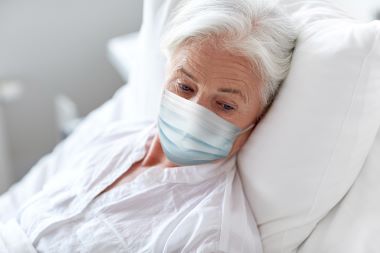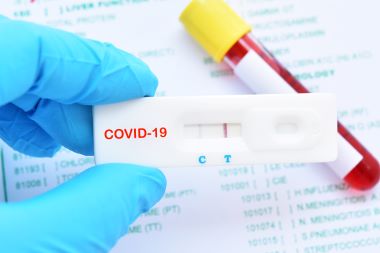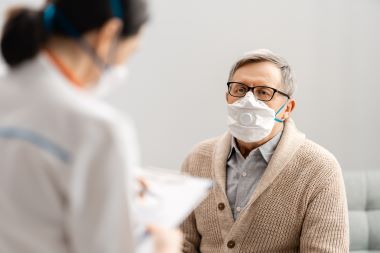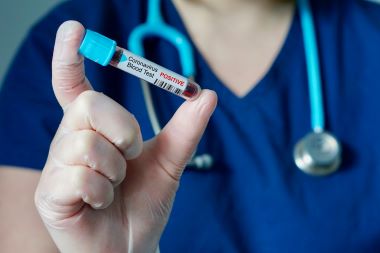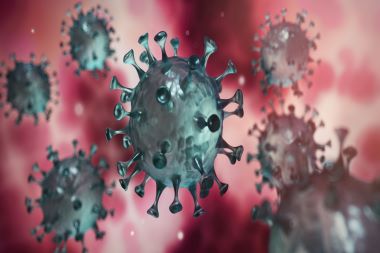Urgent care centers have developed sound practices to ensure the safety of staff members and patients when it comes to reducing risk for exposure to COVID-19. Anecdotal evidence suggests they’ve been effective, too. However, you should be aware that a study in Minnesota found one third of COVID-19 exposures among healthcare workers can be attributed to family and community exposure. The study, conducted by the Minnesota Department of Health and published in Morbidity and Mortality …
Read More


